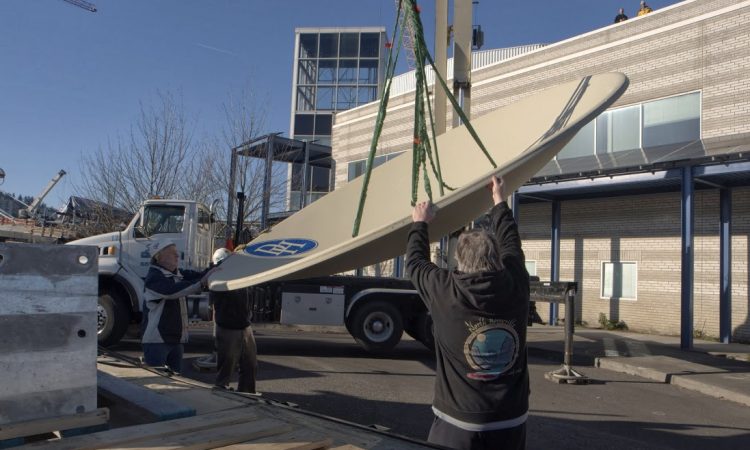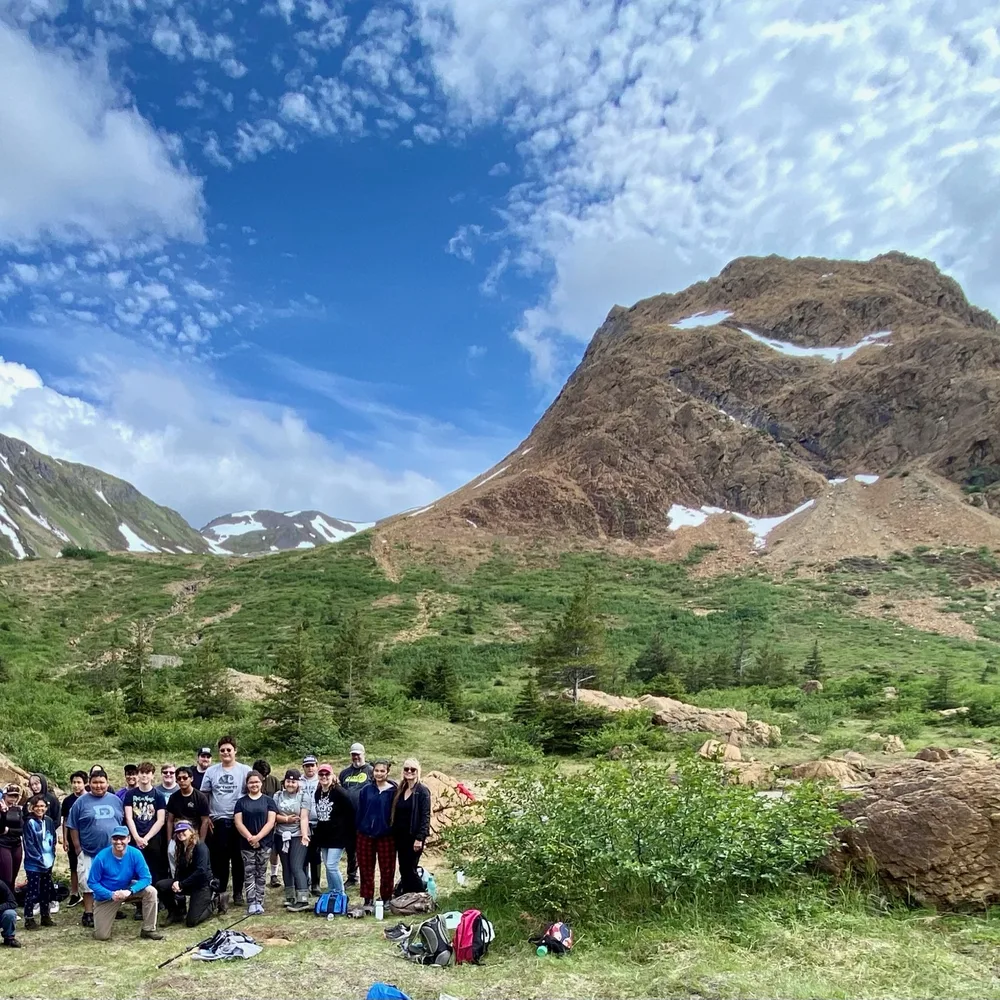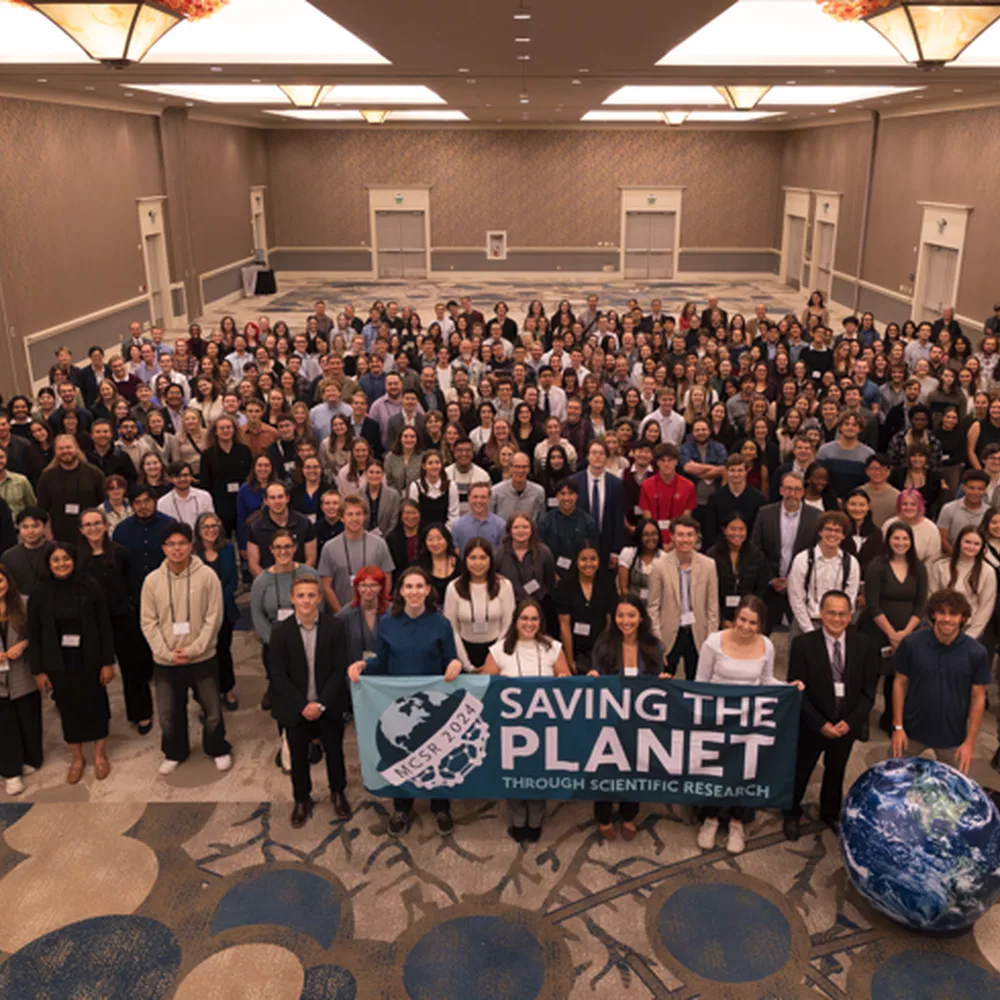As organizations across the Pacific Northwest and around the world alter services and adapt to remote work regulations in response to COVID-19, some industries are less hindered than others. For public and nonprofit radio stations in the Northwest, the heat and pressure of this crisis have served to refine the mission and reinforce the flourishing nature of their industry.
Radio has long been a source of vital news and information, especially in emergencies. Beginning with our benefactor’s passion for radio dating back to the first half of the 20th century, the Murdock Trust has been grateful to support the work of public radio outlets across the Pacific Northwest as they provide information, entertainment and engagement to all communities. This commitment to serve the needs of local communities has become even more prevalent as individuals and families across the region struggle with the impacts of the coronavirus.

This spring, while social distancing measures postponed or cancelled gatherings, performances, and plays, public radio ensured continued free access to fresh music and exciting entertainment. In Port Townsend, Washington, KPTZ Public Radio is connecting isolated and homebound communities through quality entertainment and reliable information. While the internet buzzes with myriad stories and opinions regarding the pandemic, KPTZ continually provides access to government updates and evolving virus-related knowledge. This is nothing new for the station, which has been sharing critical information for nearly a decade. On Thursday, May 14th, KPTZ 91.9FM commemorated its 9th birthday. While on-air content has persisted without disruption, the station has been closed to volunteers and non-essential workers since March 13th. The KPTZ team continues to produce new content by recording and airing shows from studio members’ homes. In further response to the pandemic, KPTZ formed a virus watch “V-Team”, which works to vet information before messages regarding the virus are published or shared on air. This reliability is desperately needed, as experts call the wave of misinformation in COVID updates an “infodemic” of its own.
In effort to support the local economy, KPTZ is sharing updates and advertisements for local organizations, food vendors, restaurants and businesses that remain open during the shutdown. In a recent interview with the Port Townsend Leader, KPTZ Board President Robert Ambrose said “That’s what community radio is all about, and that’s why KPTZ is uniquely positioned to provide information and solace throughout our community, allowing each of us to feel a little less isolated during this most unsettling time”. While cancelled summer concerts mean we can’t sprawl out on picnic blankets in the lush parks of the Northwest, radio broadcasts of live performances provide a semblance of normalcy as we share these joys with family in our backyards.
When asked how All Classical Portland is weathering this storm, Executive Director Suzanne Nance stated “we were built for this”. Established in 1983, All Classical Portland is Portland’s oldest classical radio station. “We’ve been virtual for 36 years”, said Nance, but “we’ve kicked it into high gear”. Throughout the Oregon Shelter-in-Place order, All Classical Portland has averaged 250,000 live radio listeners weekly, excluding internet streams which track audiences from more than 100 countries. Suzanne Nance notes that in addition to the entertainment and education provided by All Classical, public radio fills the need for companionship while the community is isolated. Music has long been an avenue for processing difficult emotions, of which there are many in these uncertain times.
All Classical Portland is connecting artists to the airwaves by allowing musicians to stream live performances from their home studios. The station launched a new series titled The State of the Arts to chronicle the impact of these times on the arts landscape of the region. All Classical Portland also operates ICAN, International Children’s Art Network. In response to COVID-19, ICAN has expanded its programming from 16 to 24 hours a day since April 1, 2020. Families report using ICAN’s poetry, music, international literature, storytelling, and mindful moments to supplement homeschooling efforts. For parents across the region, ICAN provides a respite of high-quality programming that avoids adding to the increased screen exposure of virtual school, streamed entertainment, and video games.
To capitalize on record-high listenership, All Classical Portland has added many creative new segments. One such segment features regional poets for National Poetry Month in a partnership with Portland-based nonprofit Literary Arts. Another segment, called Sunday Brunch, features regional culinary artists and their stories, offering hope in the face of shuttered restaurants and lost tips.
While face-to-face interaction among friends and strangers is at an all-time low, modes of virtual connection are soaring in popularity as we compensate for the universal human need for companionship and togetherness. As public radio unites us with art, culture, and one another, the words of Russian author, Fyodor Dostoyevsky ring true; “beauty will save the world”. It is through meaningful poetry, excellent music, whimsical storytelling, verifiable information and the comfort of friendly voices which can fill our homes at any hour that public radio is providing an essential service. For the Pacific Northwest and its countless listeners elsewhere, public radio is saving the world by inspiring us with art, informing us with truth, and encouraging us with beauty… all while giving our eyes a break from the blue-light glow of our overheated iPads.
The post Grant Stories: Public and Nonprofit Radio appeared first on M. J. Murdock Charitable Trust.






